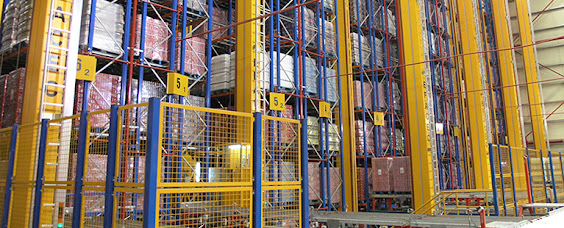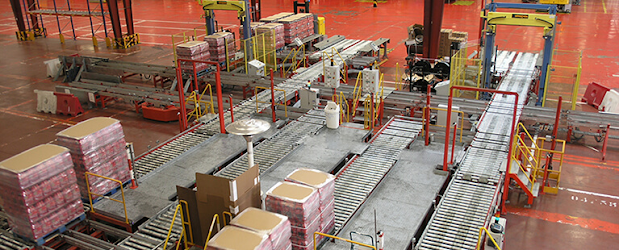Breaking Barriers: How Warehouse Management Systems Drive Business Success
Warehouse Management Systems (WMS) have become a crucial component in today's supply chain. They not only streamline operations but also drive business success.
The Evolution of Warehouse Management Systems (WMS)
Warehouse management system has come a long way from manual record-keeping and stock-taking. What has facilitated this evolution? Technology!
The Necessity of Warehouse Management Systems
A decade ago, warehouses were merely storage facilities. Today, they are dynamic, efficient hubs for inventory management, thanks to WMS. With globalization and e-commerce, the need for WMS has become more crucial than ever.
The Role of Technology in Warehouse Management
Data Analysis and Warehouse Management
Today's WMS are data-driven. They gather, analyze, and interpret data to provide valuable insights for decision-making. A simple example? Predicting seasonal demand variations to manage stock effectively. Amazing, isn't it?
Automation in Warehouse Management
The days of manual data entry are long gone. Today, automation is a game-changer in warehouse management. From automated picking and packing to robotics, technology has undoubtedly revolutionized warehouse operations.
How Warehouse Management Systems Enhance Business Operations
Streamlining Inventory Management
Real-Time Inventory Tracking
With WMS, businesses can track inventory in real time. This feature reduces stock-outs and overstocks, improving business performance. Isn't it great to have accurate information at your fingertips?
Reducing Stock Errors
Mistakes can be costly, especially when it comes to inventory. WMS minimize these errors by providing accurate, real-time data. This accuracy results in significant cost savings.
Maximizing Warehouse Space
WMS enable businesses to utilize warehouse space effectively. How? By optimizing storage layouts based on the size, weight, and frequency of product movement. That's efficient, right?
Efficient Labor Management
In addition to inventory, WMS also manage labor efficiently. They allocate tasks based on the skills and availability of the workforce, improving productivity and reducing labor costs.
The Impact of Warehouse Management Systems on Business Success
Enhancing Customer Satisfaction
Ever wondered how businesses manage to deliver orders accurately and on time? The answer is simple - WMS. They ensure order accuracy and timely delivery, thereby enhancing customer satisfaction. After all, happy customers are key to business success!
Driving Business Growth
By streamlining operations and reducing costs, WMS drive business growth. They also provide valuable insights to make informed business decisions. So, can we say that WMS are a growth engine? Absolutely!
Enabling Business Scalability
With WMS, businesses can scale up their operations seamlessly. They provide the flexibility to handle increased volumes efficiently, enabling business growth and expansion.
Conclusion
Warehouse Management Systems are more than just operational tools; they are strategic assets that drive business success. They break operational barriers, streamline processes, reduce costs, and enhance customer satisfaction. Isn't it time you leveraged the power of WMS for your business success?
Also Read - Driving Growth: How Industrial Automation Solutions Propel Industries Forward


.png)

Comments
Post a Comment